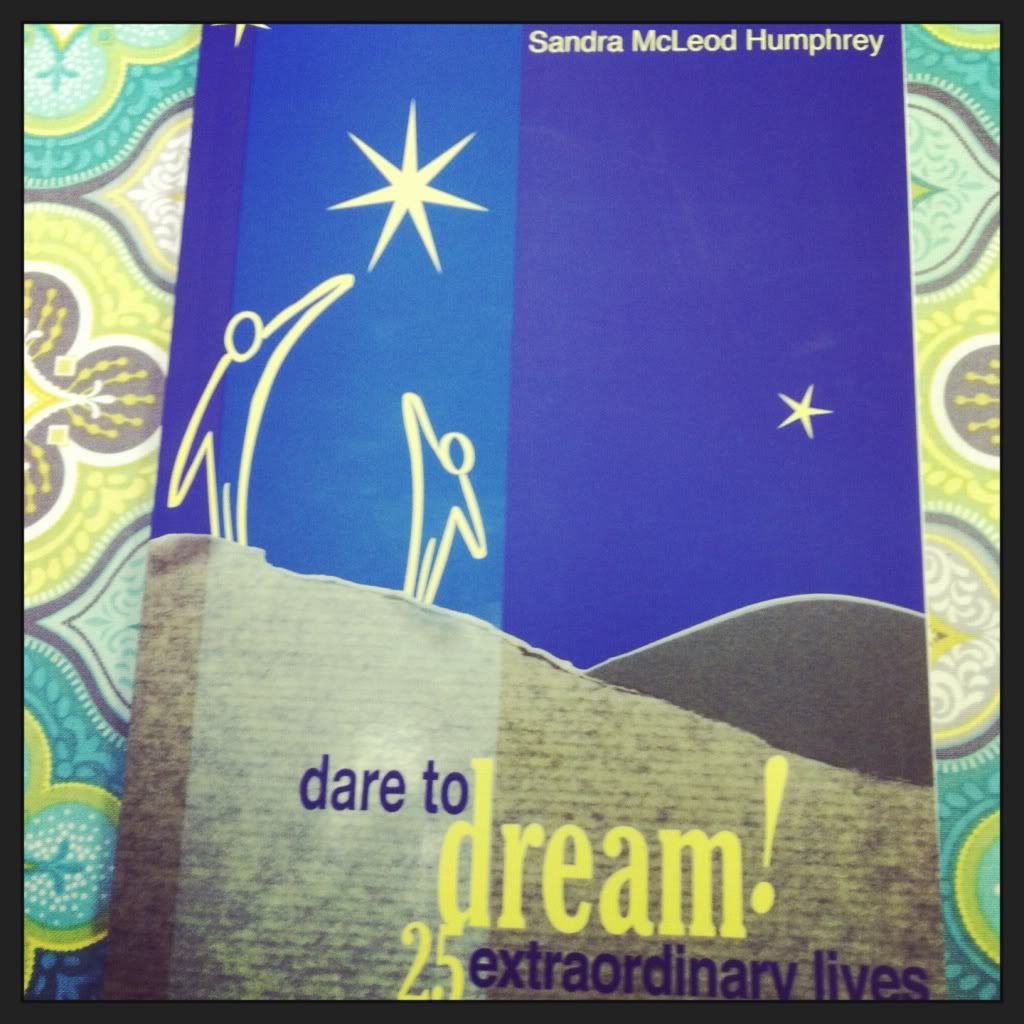Mentor Texts
Colonial Voices: Hear Them Speak
This book describes different points of view of different every day citizens around Boston leading up to the Boston Tea Party. It is a great text to get students to discuss the events of the Boston Tea Party, but also how it affected different people. After each person, we discuss if they were a Loyalist or Patriot and how we know from the details the person gave. After reading the book, I would have students write from the point of view a citizen in Boston or even write a skit from a patriot and a loyalist debating the events.
Let It Begin Here: Lexington and Concord
This book describes the events of Paul Revere's midnight ride and the events that got the Revolution started. It is a great introductory text to the American Revolution.
George vs. George
This is a great book to explain the differences between the American and the British points of view. This book will give your students an overview of the major concepts surrounding the Revolution. This would be a good text to photocopy a short portion to do a close read.
A New Approach to Teaching Social Studies
This idea came about during a graduate school meeting in December. Every few weeks, some of the students and professors in my graduate program get together to discuss research ideas for gifted students. In our December Saturday morning, my advisor said something so simple and yet profound it jumpstarted a whole new approach to teaching for me. He said, "Students should always work harder than the teacher." They are the ones who should be learning and growing and struggling as part of that process. He emphasized that in a blended learning environment like the one I work in, where the kids have access to technology, what the kids really need in order to learn are to be given good questions.
By giving them a set of essential questions to research and answer without me really teaching them much of the material they take ownership of their learning and also practice reading with a purpose. They have to be move from passive learning to very active learning. I have given them access to different resources, and it is their job to research the essential questions and answer them. Then, they have been completing different performance tasks to demonstrate their understanding. We just finished studying the Causes of the American Revolution. My students made dioramas, made posters, and made Power Point presentations to show they understood events like the Boston Massacre and the Boston Tea Party. Some of the students work on the study guides by themselves and some work with a partner. At the end of the unit, we are discussing it all together. This is part of why we are reading the mentor texts to discuss what they have already researched. Now though, they are very familiar with the events in the stories as I read them.
Here is an example of the Causes of the American Revolution Study Guide I gave my students.
It has been fun the last few weeks to watch them. They actually are very excited to do Social Studies at the end of the day, and they often have been asking to get started on it during Language Arts. How do you encourage student ownership?











